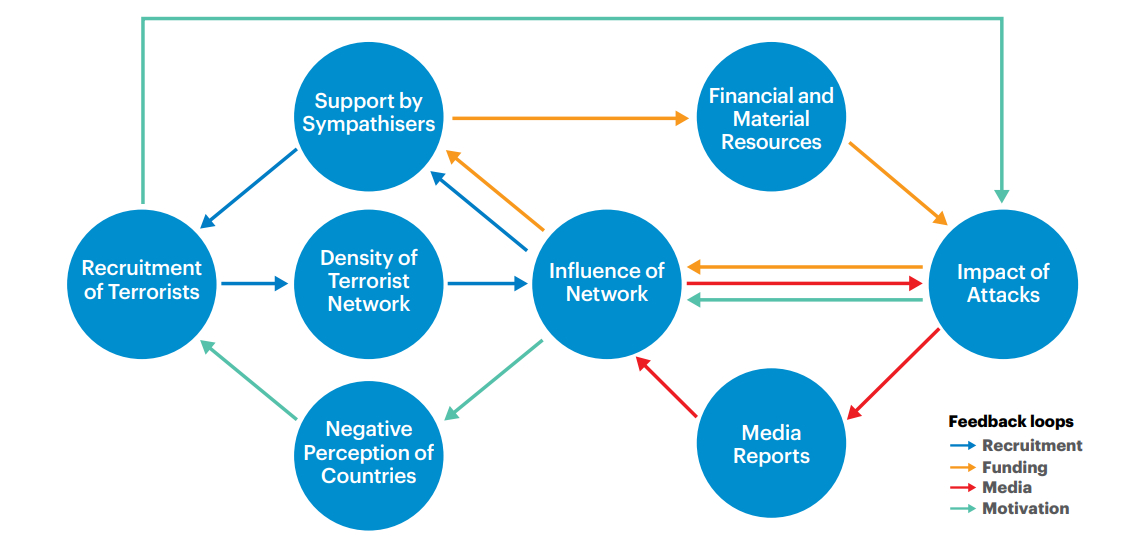
People play a pivotal role in any counterterrorism operation. If such an activity is on a large-scale involving displacement or internal migration of the locals then the things become complex and tricky. So, the first element before starting any CT operation is to keep the sympathies of the public on the side of the incumbent. The militants also goad the local populace for support.
In the end, whosoever enjoys the goodwill and assistance of the population emerges as victorious. The real dilemma before a state arises on two fronts. One, the mood of local population becomes difficult to fathom by the agents of the state. Two, the operation is essentially important and a delay can jeopardise lives of LEAs as the militants keep on upping the ante with each passing day.
The wrong policies of state and perhaps a consistent betrayal by its departments ingrain a sense of detachment and indifference in the hearts and minds of people. They become neutral in the conflict between an incumbent and the militants. The CT strategy evolved recently by the UK authorities under CONTEST highlights two important points among others. It emphasises partnership with public and private sectors. It envisages these sectors as critical to assist UK authorities for an improved response. The document also presses for a deepening strategic cooperation on CT front with foreign authorities and organisations.
From Africa to South Asia, one can see the pattern of public alienation to a CT initiated by governments and insensitivity of people to the activities of militants as well. The evolution of such a pattern is not by chance but it has resulted from the years of ineffective governance, double standards of the local authorities and abnegating the responsibility of public protection by state when it is urgently required. For example, the Sahel region of Africa has been experiencing a similar type of public indifference. Currently the people are in no mood to support any type of government endeavour to take action against militants.
They have experienced the pains of personal losses, killing of their relatives and tribesmen who used to give information against the militants to the military forces. The locals have seen a spate of such operations in the past. They have learnt that the output of it is a total loss for the locals. They, in other words, have become non-partisan — like spectators in any event. The government’s promises of providing political awareness and leadership positions have been thwarted by the imposition of military rule in a series of countries in Africa. They have observed that a complex but intricate relationship exists between the incumbent and militants. Certain elements are guarded even though they usually play havoc with local populations.
At times, police department is absolutely helpless when it sees that the killers are being protected by different departments after serving as their sources in information collection from across the border. As a result, the militants have double-crossed, become emboldened and enhanced their onslaught against the military easily as people have lost hope in the sincerity of actions of the military. It can therefore be deduced that a counterterrorism operation becomes difficult to conduct if people do not own it wholeheartedly. Before launching such an operation, effort should be made to convince people or at least incentivise them to side the state.
A CT operation cannot be initiated with a dispassionate public approach. Militants have a knack of crossing over from one group to another and taking shelter of the local population. People provide them with food and other essential items under duress. Mosques become their place of residence. In the morning, they roam about in the villages collecting money and daily comestibles and at night they erect temporary checking points to collect cash from smugglers, contractors and transporters of contra band items.
In absence of any strong local administration or leadership, a disgruntled public mood may result in more losses than gains in a CT operation.





